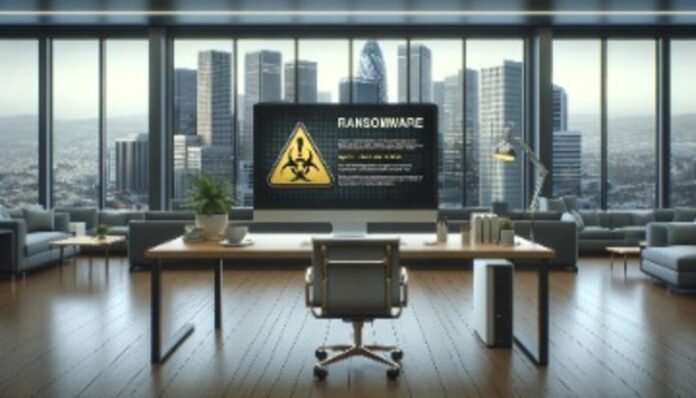

In 2023, the BlackCat, also known as ALPHV ransomware group, achieved remarkable success by nearly accumulating $700 million through the encryption of databases. Among its victims were three Fortune 500 companies, numerous financial institutions, and businesses in the hospitality sector, including MGM Resorts International, Tipalti, MeridianLink, Fidelity National Finance, Air Comm Corp, Fu Yu Corp, and Seiko.
For those seeking effective strategies to intelligently mitigate the risks associated with the BlackCat ransomware, here are key takeaways:
Employee Training: Investing in employee training is crucial for enhancing their ability to defend against phishing attempts and other social engineering threats, which often serve as entry points for file-encrypting malware.
Layered Security Approach: Implementing a comprehensive layered security approach involves deploying network security, application security tools, data encryption at rest and in motion, and endpoint protection in IT environments. This multi-faceted approach helps fortify defenses against such attacks.
Zero Trust Framework: Deploying a zero-trust environment enables organizations to closely monitor every user and device connecting to the network, allowing access only to authenticated users and enhancing overall security.
Network Testing: Regularly conducting penetration tests is vital for detecting anomalies in the network that could be exploited by ALPHV criminals. Identifying vulnerabilities proactively is key to preventing potential breaches.
Incident Response Plan: Establishing an incident response team or, at the very least, having a well-defined plan in place facilitates swift recovery from any cyber incident. This proactive approach minimizes downtime and mitigates financial losses.
Backup and Recovery: Implementing a robust data backup plan that can be activated as needed proves invaluable in the event of an attack, providing a means to restore essential data and systems.
Threat Intelligence: Despite cost-cutting measures in the face of economic challenges, maintaining in-house expertise or having access to a team of forensic experts is crucial. This ensures swift procedural and recovery measures in the aftermath of a cyber-attack, minimizing losses and facilitating a quicker return to normal operations.




















